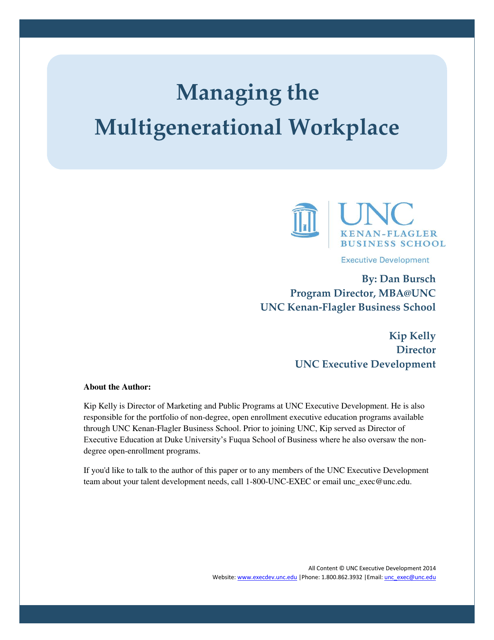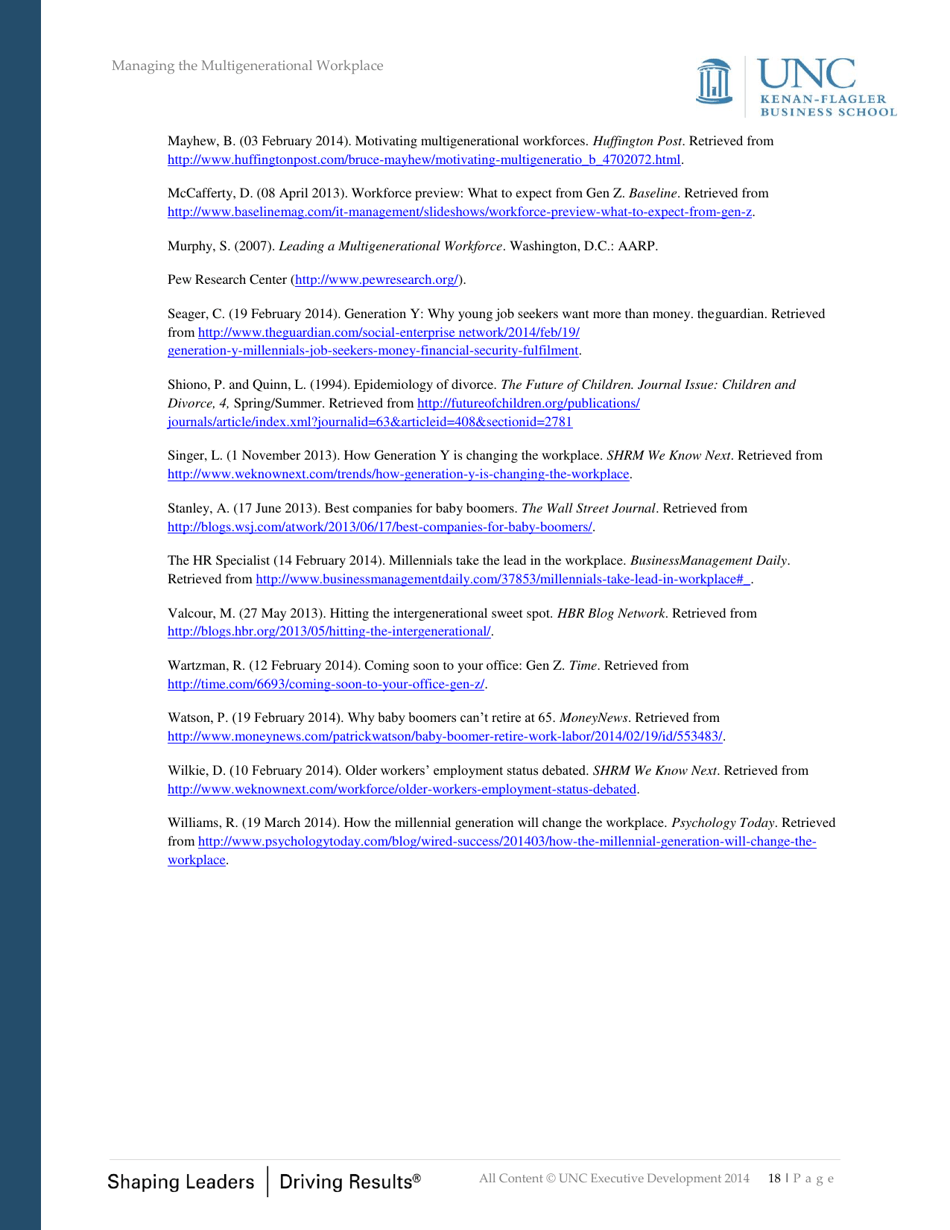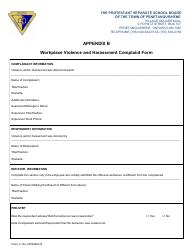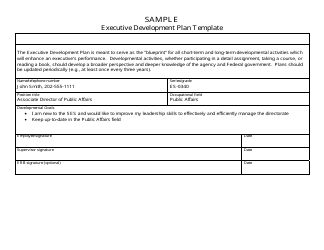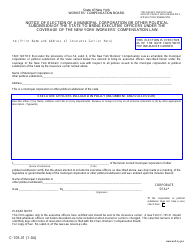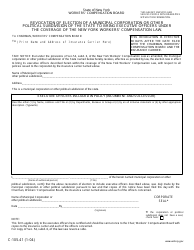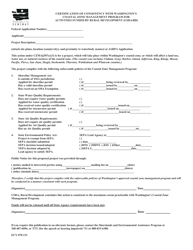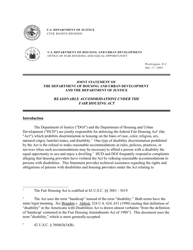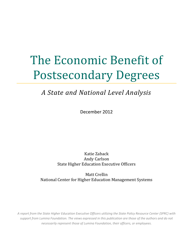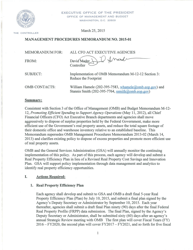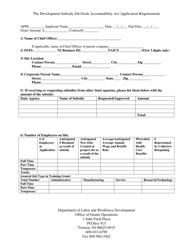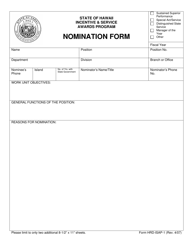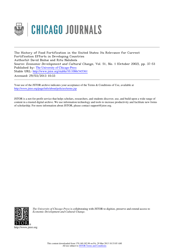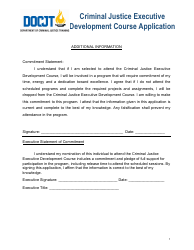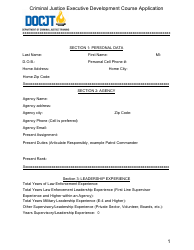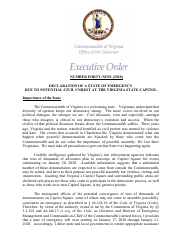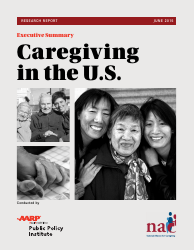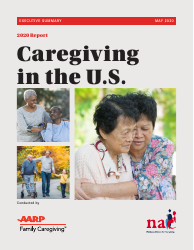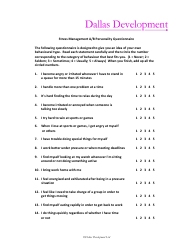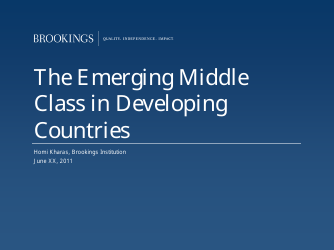Managing the Multigenerational Workplace - Unc Executive Development
Managing the Multigenerational Workplace - UNC Executive Development is a program designed to provide expertise and strategies for effectively managing employees from different generations in the workplace. It aims to help employers navigate and leverage the diversity of skills, perspectives, and work styles that exist among different age groups.
The "Managing the Multigenerational Workplace - UNC Executive Development" document does not specify who files it.
FAQ
Q: What is the Unc Executive Development program about?
A: The Unc Executive Development program is focused on managing the multigenerational workplace.
Q: Why is managing the multigenerational workplace important?
A: Managing the multigenerational workplace is important because it can foster collaboration, productivity, and innovation.
Q: What are some challenges of managing a multigenerational workplace?
A: Some challenges of managing a multigenerational workplace include differences in communication styles, work values, and technological proficiency.
Q: How can employers effectively manage a multigenerational workforce?
A: Employers can effectively manage a multigenerational workforce by promoting open communication, providing training and development opportunities, and fostering an inclusive culture.
Q: What are the benefits of a multigenerational workplace?
A: Some benefits of a multigenerational workplace include diverse perspectives, knowledge sharing, and increased creativity.
Q: What is the role of leaders in managing a multigenerational workplace?
A: Leaders play a crucial role in managing a multigenerational workplace by understanding and bridging the generation gaps, promoting collaboration, and creating a supportive environment.
Q: How can employees adapt to a multigenerational workplace?
A: Employees can adapt to a multigenerational workplace by being open-minded, seeking understanding of different perspectives, and embracing continuous learning.
Q: What are some strategies for improving intergenerational communication?
A: Some strategies for improving intergenerational communication include active listening, using different communication channels, and offering feedback and recognition.
